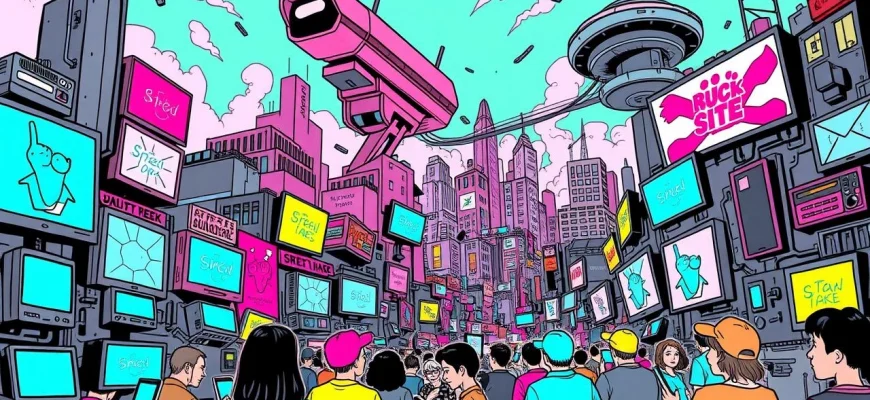If you loved the satirical and hilariously dystopian world of 'Idiocracy' (2006), you're in for a treat! This article explores 10 movies and TV shows that share its sharp wit, social commentary, and absurd humor. Whether you're a fan of its critique of modern society or just enjoy over-the-top comedy, these picks will keep you entertained and thinking.
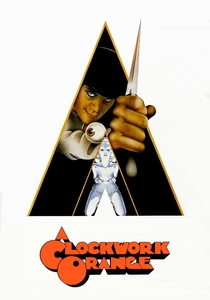
A Clockwork Orange (1971)
Description: Both 'A Clockwork Orange' and 'Idiocracy' explore themes of societal decay and the loss of individuality. While 'A Clockwork Orange' uses violent imagery to make its point, 'Idiocracy' relies on humor, but both critique the direction of modern society.
Fact: The film was banned in several countries due to its violent content. Stanley Kubrick withdrew the film from UK distribution after receiving death threats. The film's unique language, Nadsat, is a mix of Russian and English slang.
 Watch Now
Watch Now 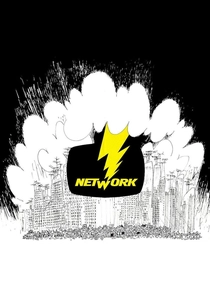
Network (1976)
Description: 'Network' and 'Idiocracy' both critique the media's role in shaping public opinion and reducing complex issues to entertainment. Both films predict a future where media sensationalism leads to societal decay.
Fact: The film's famous 'I'm mad as hell' speech has been referenced in numerous other works. The film won four Academy Awards, including Best Actor for Peter Finch. The script was inspired by real-life events in the news industry.
 Watch Now
Watch Now 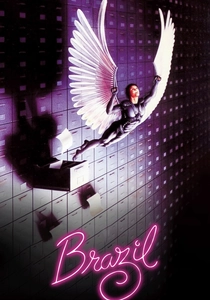
Brazil (1985)
Description: 'Brazil' shares with 'Idiocracy' a dystopian vision of the future where bureaucracy and technology have run amok, leading to a society that is both absurd and oppressive. Both films use dark humor to highlight the flaws in societal structures.
Fact: The film's title is derived from the song 'Aquarela do Brasil'. Terry Gilliam fought with the studio over the film's final cut. The film's dystopian aesthetic has influenced many subsequent sci-fi movies.
 Watch Now
Watch Now 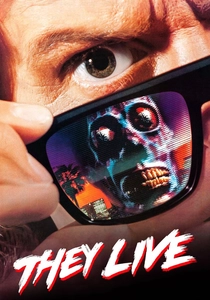
They Live (1988)
Description: Like 'Idiocracy', 'They Live' is a satirical critique of consumer culture and media manipulation. Both films use science fiction elements to expose the hidden truths about society, with 'They Live' focusing on alien control and 'Idiocracy' on societal stupidity.
Fact: The film's famous fight scene lasts over five minutes. John Carpenter wrote the script under a pseudonym. The film's themes have been interpreted as a critique of Reagan-era politics.
 Watch Now
Watch Now 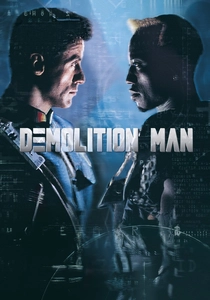
Demolition Man (1993)
Description: 'Demolition Man' and 'Idiocracy' both present futures where society has become overly sanitized and controlled, leading to a loss of individuality and freedom. Both films use action and comedy to critique these dystopian visions.
Fact: The film's prediction of a future without physical contact has been compared to pandemic-era social distancing. The three seashells bathroom system remains unexplained. Sylvester Stallone and Wesley Snipes performed most of their own stunts.
 Watch Now
Watch Now 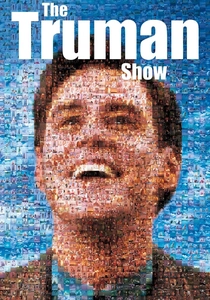
The Truman Show (1998)
Description: Both 'The Truman Show' and 'Idiocracy' explore themes of media manipulation and the superficiality of modern life. While 'The Truman Show' focuses on reality TV, 'Idiocracy' looks at the dumbing down of society, but both critique the media's role in shaping public perception.
Fact: Jim Carrey's performance was inspired by silent film actors. The film's concept was originally a spec script by Andrew Niccol. The town of Seahaven was a real planned community in Florida.
 Watch Now
Watch Now 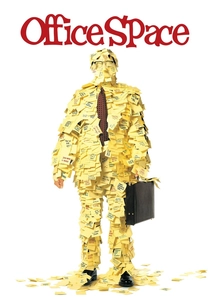
Office Space (1999)
Description: Like 'Idiocracy', 'Office Space' is a satirical take on modern society, particularly the mundanity and absurdity of corporate culture. Both films use humor to critique societal norms and the dehumanizing aspects of everyday life.
Fact: The film was inspired by Mike Judge's own experiences working in a tech company. The iconic scene where they destroy the printer was improvised. The film initially underperformed at the box office but became a cult classic through home video sales.
 Watch Now
Watch Now 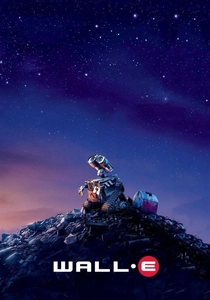
WALL·E (2008)
Description: 'WALL·E' and 'Idiocracy' both depict a future where humanity has become passive and dependent on technology, leading to societal decay. Both films use satire to comment on consumerism and environmental neglect.
Fact: The first 40 minutes of the film have almost no dialogue. The film's dystopian vision was inspired by real-world concerns about obesity and waste. WALL·E's design was influenced by binoculars and a trash compactor.
 Watch Now
Watch Now 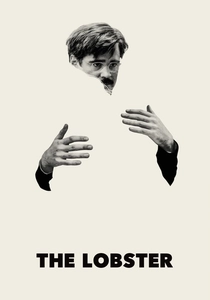
The Lobster (2015)
Description: Both 'The Lobster' and 'Idiocracy' use absurdist humor to critique societal norms, particularly around relationships and conformity. While 'The Lobster' focuses on the pressure to be in a couple, 'Idiocracy' looks at the consequences of societal stupidity.
Fact: The film was shot in Ireland but set in an unnamed location. Colin Farrell gained 40 pounds for his role. The film's unique premise was inspired by director Yorgos Lanthimos' own experiences with societal expectations.
 Watch Now
Watch Now 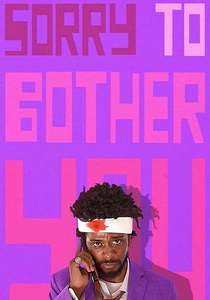
Sorry to Bother You (2018)
Description: 'Sorry to Bother You' and 'Idiocracy' both use surreal and satirical elements to critique capitalism and societal inequality. Both films blend humor with dark themes to highlight the absurdities of modern life.
Fact: The film's twist was kept secret from audiences before release. Boots Riley wrote the script over 10 years. The film's visual style was inspired by 1970s and 1980s satire.
 Watch Now
Watch Now 
